Can Babies Eat Pineapple?

Pineapple is a nutritious, juicy, delicious, and versatile fruit. It not only complements other fruits but also works well with a variety of vegetables. You might be wondering if it’s okay to give pineapple to infants. Yes, there are various ways to make pineapple for babies, but some preparation is required to ensure it’s suitable for their developing digestive systems. As your little one grows and develops, it’s exciting to let them explore different tastes and textures of pineapple alongside a range of other fruits and vegetables. Not only does this enrich their sensory experiences, but it can also help them develop a healthy palate from an early age.
Can Infants Eat Pineapple?
Pineapple can be an enjoyable addition to a baby’s ever-expanding diet. At the same time, parents should be careful about giving citrus and acidic fruits to infants. They need to be prepared safely, and the baby should be introduced to only one new food at a time. Food introduction needs to be carefully monitored so that you can check for allergic reactions. Also, the citric acid can sometimes irritate the baby’s stomach, especially if he has reflux.
When Can a Baby Eat Pineapple?
Though pineapple is a very healthy fruit, it should only be given to babies who are older than six months. This is when their digestive system is learning to cope with various foods. Experts suggest that parents should proceed with caution when introducing citrusy or acidic foods to young babies. In case the baby’s sensitivity level is high, such foods should be given when they are closer to the age of one.
Nutritional Value of Pineapple
Pineapple is a great source of Vitamin C and various other nutrients, which make it a super healthy food option. Here is the nutritional value of pineapple per 100 gms.
| Nutrients | Amount | RDA (per day) |
| Water | 86g | |
| Fiber, total dietary | 1.4g | |
| Energy | 50Kcal | |
| Sugars, total including NLEA | 9.85g | |
| Magnesium | 12mg | 75mg (7-12 months) |
| Calcium | 13mg | 270mg (7-12 months) |
| Phosphorus | 8mg | 275mg (7-12 months) |
| Vitamin C, total ascorbic acid | 47.8mg | 20mg (7-12 months) |
| Potassium, K | 109mg | 700mg (7-12 months) |
| Folate, total | 18µg | 32µg (7-12 months) |
Health Benefits of Pineapple for Infants
Pineapple is a tropical fruit that’s rich in flavor and loaded with nutrients. Let’s explore the various health benefits that pineapple can offer to babies and understand how it can be a nutritious addition to their diet.
1. Boosts Immunity
Pineapple is an excellent Bromelain source, essential for boosting a baby’s immune system. This nutrient helps the body fight infections and contributes to overall growth and development (1).
2. Supports Digestion
Pineapple contains bromelain, an enzyme that can aid digestion by breaking down proteins. This can be beneficial for infants as it promotes a healthy digestive system.
3. Promotes Healthy Bones
Pineapple provides a good amount of magnesium and potassium that support bone development and strength. Including pineapple in your infant’s diet can contribute to stronger bones as they grow.
4. Rich in Antioxidants
Antioxidants in pineapple help combat free radicals in the body, reducing oxidative stress. This can be especially important for infants as their bodies are still developing and require protection from harmful environmental factors.
5. Supports Iron Absorption
Vitamin C in pineapple also plays a role in enhancing the absorption of iron from other foods. This can be beneficial for infants, as iron is crucial for their cognitive development and overall health.
6. Aids Hydration
Pineapple has a high water content, helping to keep infants hydrated. This is particularly useful when transitioning them to solid foods, as maintaining adequate hydration is key.
7. Promotes Better Dental Health
The high vitamin C content in pineapples can help ward off gum disease and reduce plaque buildup, leading to improved dental health (2).
Risks Associated with Eating Pineapple for Babies
Pineapple – its nutritive value aside – should be introduced very cautiously, as it still may be hard on your little one’s digestive system. Though it is not known to be an allergen, the baby food prepared with pineapple is acidic, which can sometimes cause problems to the baby. The acids in pineapple may cause rashes around the baby’s mouth, because the skin is delicate. Pineapples are also known to cause nasty diaper rash. Hence, pineapple should be introduced a little at a time: mashed with other foods, and only when the baby crosses six months of age. Pineapple wedges or chunks are not a good idea, as they are very fibrous and can cause a choking hazard.
How to Choose Pineapple for Baby Food?
When buying pineapple for a baby, one should look at those that are labelled ‘gold’ or ‘extra sweet’. It can be small or large – the size does not make any difference. The texture and nutritive value are the same for all pineapples. However, the pineapple you buy should feel heavy for its size. Also, unripe pineapples should never be given to babies, as they can cause diarrhoea, irritation to the throat, or vomiting.
How to Prepare Pineapple Baby Food?
Sweet-smelling, ripe and fresh pineapples are the best to use for baby-friendly recipes.
- Fresh pineapples should be mashed or pureed with bananas, pears, sweet potato, cottage cheese, cream, or coconut milk.
- If the pineapple is hard or tough to mash, it should be cooked briefly by steaming or simmering it in water or juice, till it becomes tender.
- To make a semi-ripe pineapple juicier and softer, it should be kept at room temperature for a couple of days before preparing it for the baby.
- A cut pineapple should be stored in water or juice in an airtight container in the fridge. If it is intended for the baby, it is recommended that you use it up within one to two days.
Things to Keep in While Introducing Pineapple to Your Babies
There are several important precautions to consider to ensure your child’s safety and comfort. According to the College of Tropical Agriculture and Human Resources, here are the key guidelines to follow (3):
1. Choosing the Best Pineapple
When buying pineapples for your baby, prioritize fresh and organic options. Organic pineapples are free from synthetic pesticides and chemicals, reducing the risk of harmful residues on the fruit.
2. Inspecting the Pineapple for Freshness
Be vigilant about the pineapple’s appearance. Avoid fruits with brown or dry crown leaves, dull and yellowed skin, visible mold, or those that feel overly soft to the touch. These signs indicate that the pineapple is overripe or has gone bad, which can be unsafe for your baby.
3. Storing Pineapples at Room Temperature
Fresh pineapples can be kept at room temperature for two to three days to allow them to soften and become juicier. This helps in preparing pineapple-based baby food, as softer fruit is easier to process and more palatable.
4. Refrigerating Pineapples in Warm Weather
If the weather is warm, refrigerate the whole uncut pineapple at 10-13 degrees Celsius to maintain its freshness. Avoid misting or icing the pineapple, as it can be sensitive to low temperatures and might damage the fruit.
5. Storing Pre-Cut Pineapples
If you’re buying fresh-cut and pre-packaged pineapples, ensure they’re stored at the proper temperature. These products generally have a shelf-life of about seven days if kept under ideal conditions. Proper storage ensures the fruit retains its freshness and safety for baby consumption.
6. Checking Canned Pineapples
For canned pineapple, always examine the label carefully. Check for ingredients, manufacturing dates, and expiry dates to ensure you’re getting a safe and high-quality product. Be aware of added sugars or preservatives that might not be suitable for your baby.
7. Inspecting Cans for Damage
When buying canned pineapples, inspect the cans for signs of damage. If you notice dents, swelling, or puffiness, do not purchase them, as these signs may indicate compromised safety due to possible contamination or spoilage.
How to Prepare Pineapple for Baby-led Weaning?
It’s important to consider the baby’s age and developmental stage when preparing for BLW with pineapple. Let’s look at the best ways to prepare pineapple for different age groups, ensuring it’s safe and enjoyable for your little one.
1. For 6 Months
At this stage, babies are just beginning their journey into solid foods, so textures and preparation must be carefully considered. When preparing pineapple for a 6-month-old:
- Puree the pineapple into a smooth consistency. You can also mash it with a fork to make it a little thicker, depending on your baby’s comfort with textures.
- Consider blending the pineapple with other mild fruits like banana or pear to dilute its acidity and introduce it gently.
2. For 9 Months
By 9 months, babies are usually more experienced with solids and can handle a bit more texture. Here’s how to prepare pineapple for a 9-month-old:
- Cut the pineapple into small, soft pieces that your baby can easily pick up and gum. This size is ideal for baby-led weaning, allowing your baby to practice their pincer grasp.
- The pineapple core is tough and fibrous, which could pose a choking hazard. Ensure all pieces are from the softer parts of the fruit.
3. For 12 Months
At 12 months, babies are typically more capable of chewing and may enjoy a wider range of textures. Here’s how to prepare pineapple for a 12-month-old:
- Cut the pineapple into thin strips or small wedges that your baby can hold and gnaw on. This helps them develop their chewing skills and manage different textures.
- Add variety by mixing pineapple pieces with yogurt or cottage cheese. This combination adds flavor and makes for a nutritious snack or breakfast.
Pineapple Baby Food Recipes
Pineapple juice for baby is always the best. Read on below for some tasty and easy-to-prepare recipes:
1. Pineapple Yoghurt
This is a delicious treat for the baby, filled with pineapple flavour.
What You Need
- 1 pineapple ring
- Apple juice
- 1 cup natural yoghurt
How to Prepare
- Soak the pineapple ring completely in apple juice for 5 minutes.
- Grill it until it turns brown, then flip it over, and repeat.
- Allow it to cool after removing it from the grill, until it is just warm.
- Puree it before stirring into yoghurt.
2. Pineapple Puree
Pineapple puree for baby is the best. It is a tasty and healthy recipe, easy for babies to enjoy and digest.
What You Need
- 1 cup chopped pineapple
- 1 banana
How to Prepare
- Combine the ingredients in a blender, and puree until the right consistency is attained.
- Extra puree can be stored in a freezer in ice trays. Defrost when required.
- For a different yet tasty flavour, replace the banana with a pear.
3. Pineapple and Watermelon Popsicle
This is a great way to soothe a teething baby, and also helps beat summer heat. However, be cautious about serving this icy and citrus-y recipe to your baby. Serve it only in very small amounts, and monitor your little one for symptoms of sore throat, allergy, reflux, or other illness.
What You Need
- 3 cups chopped watermelon
- ½ cup pineapple, chopped
- 2 tablespoons of apple juice
- ½ cup coconut water
How to Prepare
- Combine all the ingredients in a blender, and puree into a smooth pulp.
- Pour into Popsicle moulds, and freeze overnight.
4. Tropical Smoothie
This easy and delicious smoothie is a treat for babies.
What You Need
- ½ cup chopped pineapple
- 1 banana
- 1/3 cup natural yoghurt
- 1/8 teaspoon cumin powder
- 1/8 teaspoon cinnamon powder
How to Prepare
- Pour all the ingredients into a blender, and make a smooth puree.
- Serve immediately.
- For a different flavour, replace the cinnamon and cumin with three tablespoons of coconut milk for an ultra-tropical smoothie.
5. Pineapple and Mango Smoothie
This tropical smoothie is a refreshing treat for babies, combining the sweet flavors of pineapple and mango.
What You Need
- 1/2 cup fresh pineapple chunks
- 1/2 cup fresh or frozen mango chunks
- 1/2 cup plain yogurt
- A splash of water or apple juice (optional)
How to Prepare
- Place the pineapple and mango chunks in a blender or food processor.
- Add the plain yogurt and blend until smooth.
- If the smoothie is too thick, add a splash of water or apple juice to achieve the desired consistency.
- Serve immediately or chill in the refrigerator for a cool treat.
FAQs
1. Which is better for the baby – fresh or canned pineapple?
Fresh and succulent pineapples are the best and the most nutritious choice for a baby. Canned pineapples should serve as an alternative option only when fresh pineapples are not available. The canned fruit should be soaked in pineapple juice, not syrup. Canned fruit is less acidic, and babies can enjoy eating it.
2. Should you buy organic pineapple for your baby?
Pineapple does not appear in the list of the fruits most contaminated by pesticide residues. In any case, the skin of the pineapple has to be removed, and its thickness provides an effective defence against the absorption of pesticides. So, it is not required that you buy organic pineapples for babies.
3. Can pineapple cause diaper rash in babies?
Yes, the high acidity in pineapple can sometimes lead to diaper rash in sensitive babies. If you notice irritation or redness after your baby consumes pineapple, consider reducing the quantity or waiting until they’re older to reintroduce it. Always clean and change diapers promptly to reduce the risk of irritation.
4. What are the signs of a pineapple allergy in babies?
Allergic reactions to pineapple can manifest in various ways, including hives, swelling, vomiting, or difficulty breathing. If you suspect an allergy, seek immediate medical attention. It’s advisable to introduce pineapple in small amounts and monitor your baby for any adverse reactions.
5. Is pineapple suitable for babies with acid reflux?
Pineapple might not be the best choice for babies with acid reflux due to its high acidity. It can exacerbate symptoms like heartburn or irritate sensitive digestive systems. If your baby has acid reflux, consult a pediatrician before introducing acidic fruits like pineapple. Consider offering other fruits with lower acidity as safer alternatives.
Pineapple is a delicious and tasty fruit, and full of health benefits for adults and babies alike. When deciding to serve this tropical fruit to infants, be aware of your child’s sensitivity. Once your little one starts enjoying it, make the most of it! Serving a range of pineapple-based recipes can make it your baby’s all-time favourite fruit.
References/Resources:
1. Rathnavelu. V, Alitheen. N, Sohila. S, Kanagesan. S, Ramesh. R; Potential role of bromelain in clinical and
therapeutic applications (Review); Potential role of bromelain in clinical and therapeutic applications (Review); National Center For Biotechnology Information; https://www.ncbi.nlm.nih.gov/pmc/articles/PMC4998156/pdf/br-05-03-0283.pdf
2. Joy. P; Benefits and Uses of pineapple; Pineapple Research Station; Kerala Agricultural University; https://www.kau.in/sites/default/files/documents/benefits_and_uses_of_pineapple.pdf
3. Pineapple: Postharvest Quality-Maintenance Guidelines; College of Tropical Agriculture and Human Resources; https://www.ctahr.hawaii.edu/oc/freepubs/pdf/F_N-32.pdf
4. Pineapple, raw, all varieties; Food Data Central; U.S. Department of Agriculture; https://fdc.nal.usda.gov/fdc-app.html#/food-details/169124/nutrients
5. Pineapple; Solid Starts; https://solidstarts.com/foods/pineapple/
6. Pavan. R, Jain. S, Shraddha, Kumar. A; Properties and Therapeutic Application of Bromelain: A Review; Hindawi; https://www.hindawi.com/journals/btri/2012/976203/; December 2012
7. Fresh, Frozen or Canned Fruits and Vegetables: All Can Be Healthy Choices!; American Heart Association; https://www.heart.org/en/healthy-living/healthy-eating/add-color/fresh-frozen-or-canned-fruits-and-vegetables-all-can-be-healthy-choices
Also Read:
Mango for Babies
Oranges for Babies
Strawberries for Infants
Can Babies Eat Papaya?
Was This Article Helpful?
Parenting is a huge responsibility, for you as a caregiver, but also for us as a parenting content platform. We understand that and take our responsibility of creating credible content seriously. FirstCry Parenting articles are written and published only after extensive research using factually sound references to deliver quality content that is accurate, validated by experts, and completely reliable. To understand how we go about creating content that is credible, read our editorial policy here.







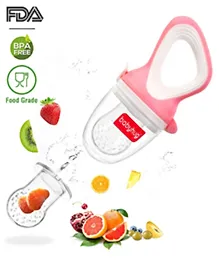
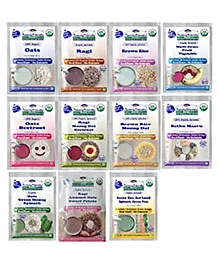
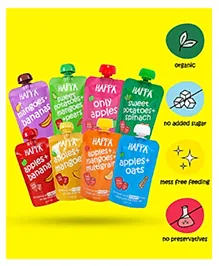
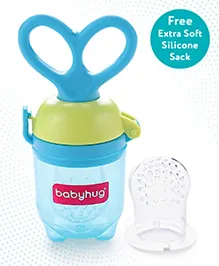
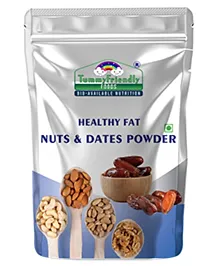
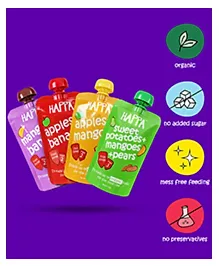
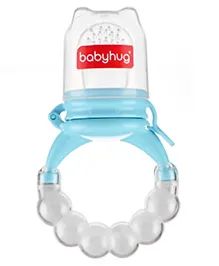
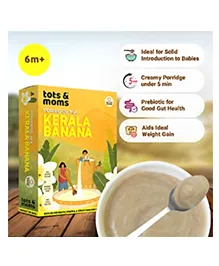
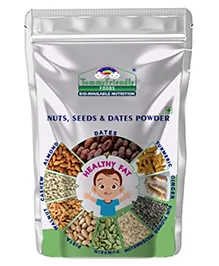
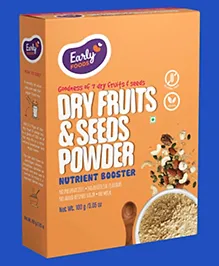
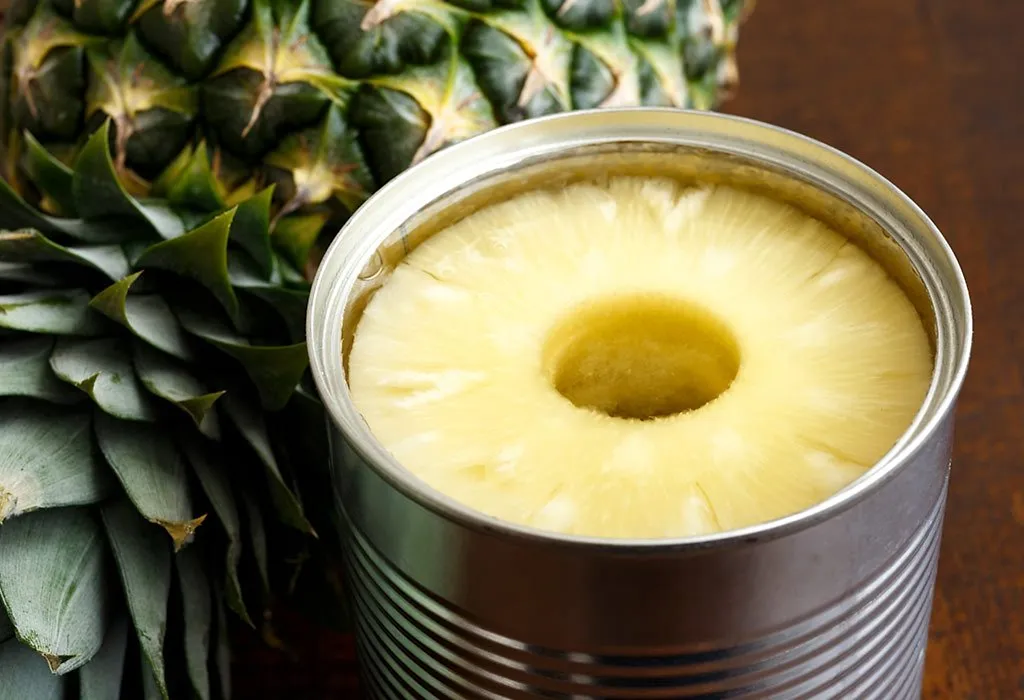
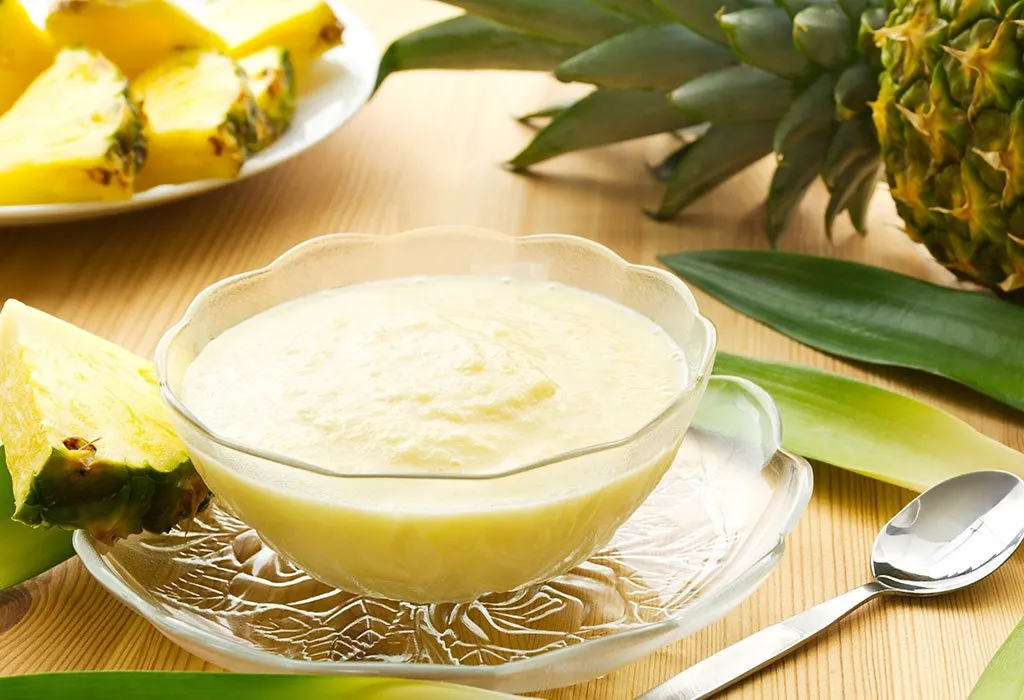
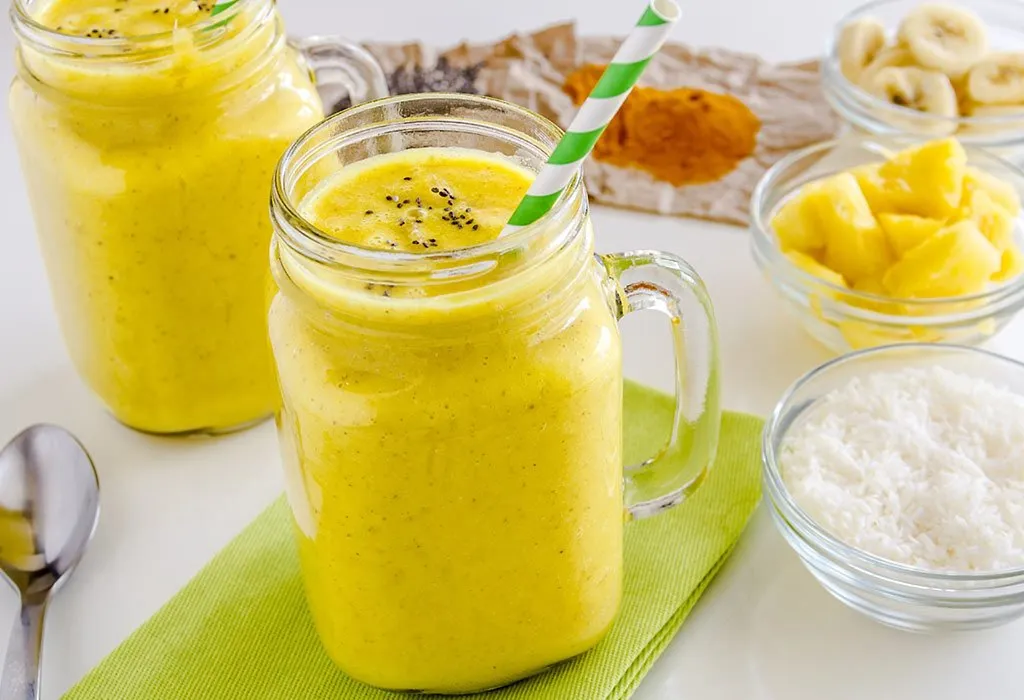
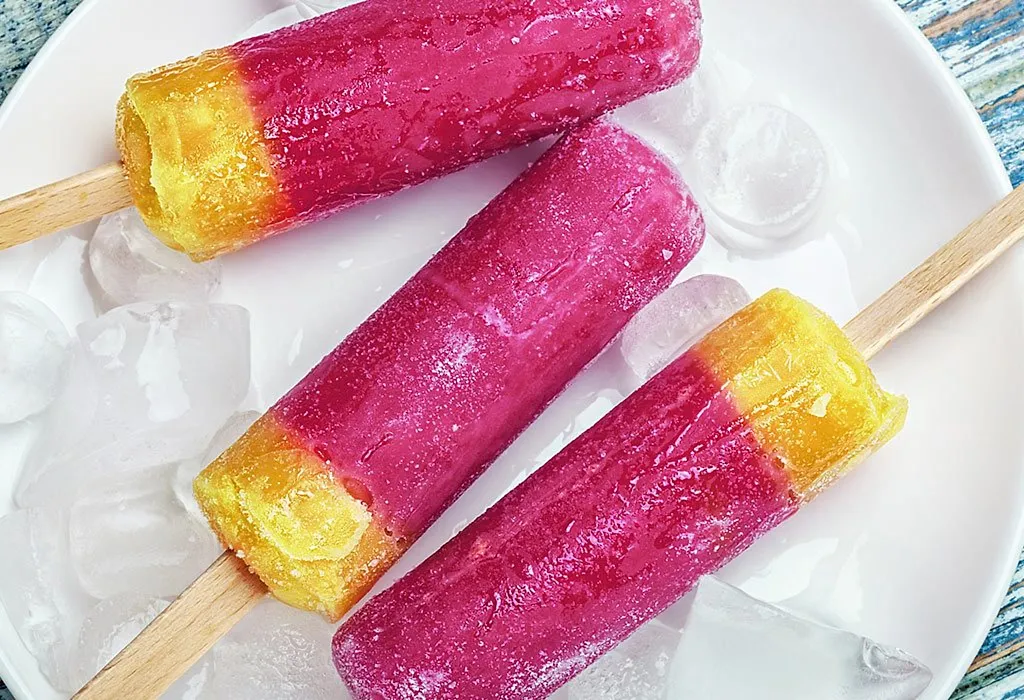
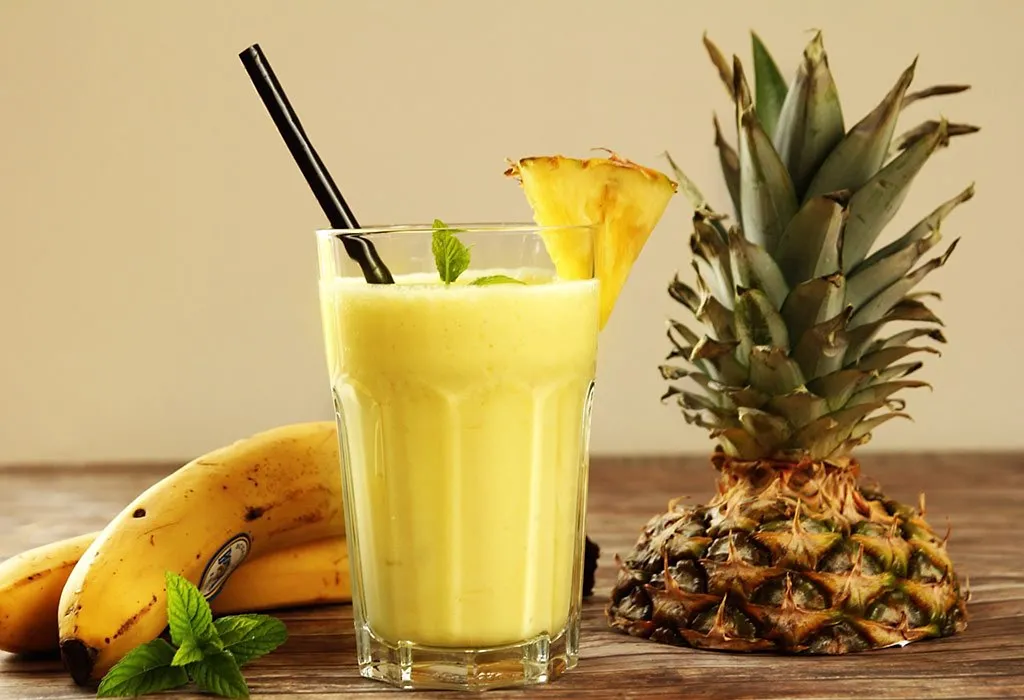
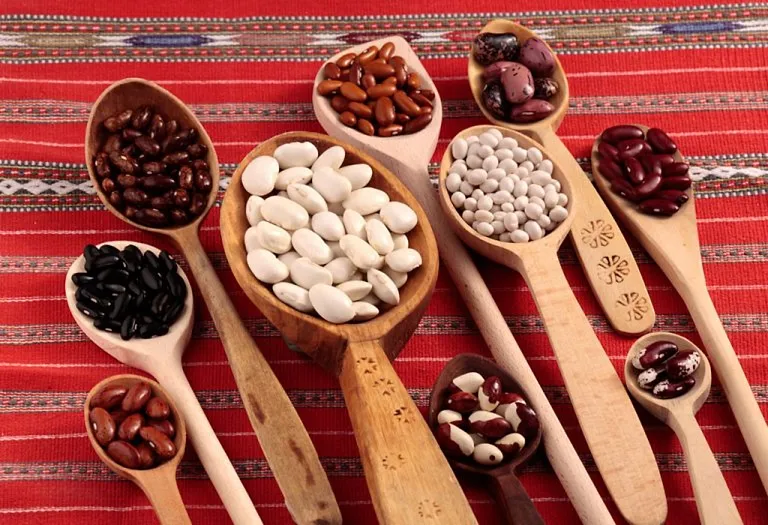
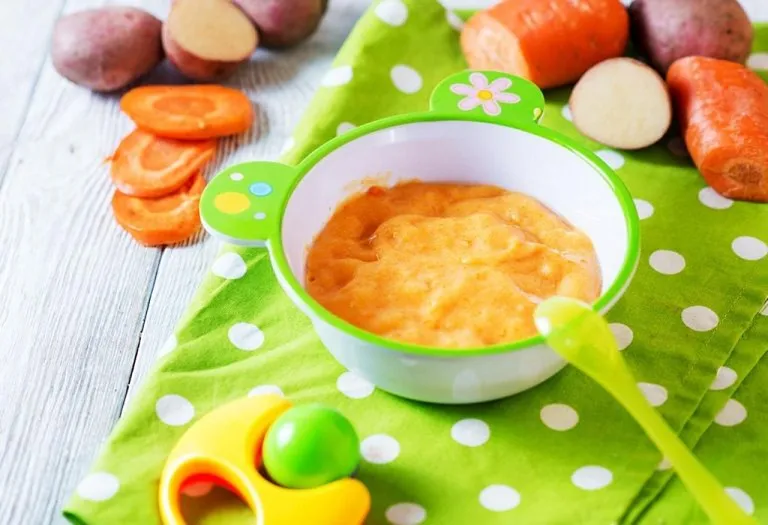
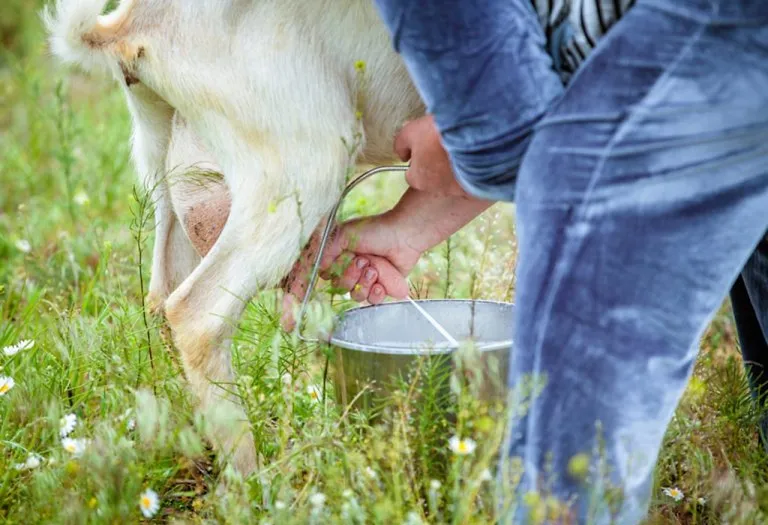
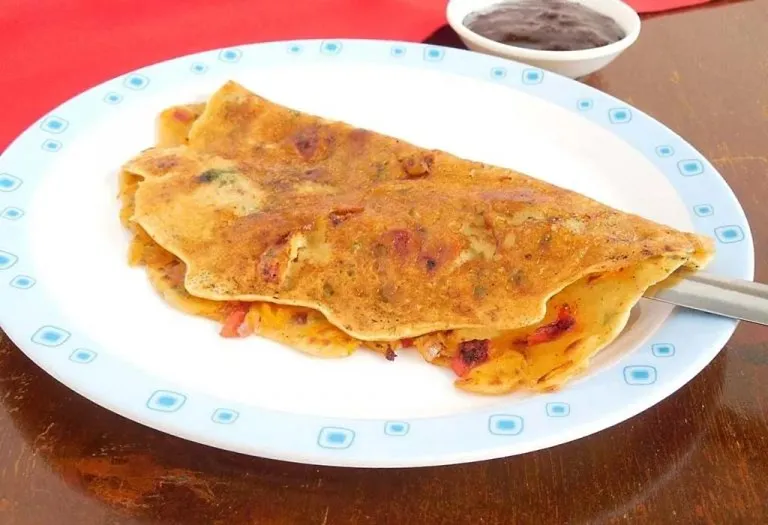



.svg)


















